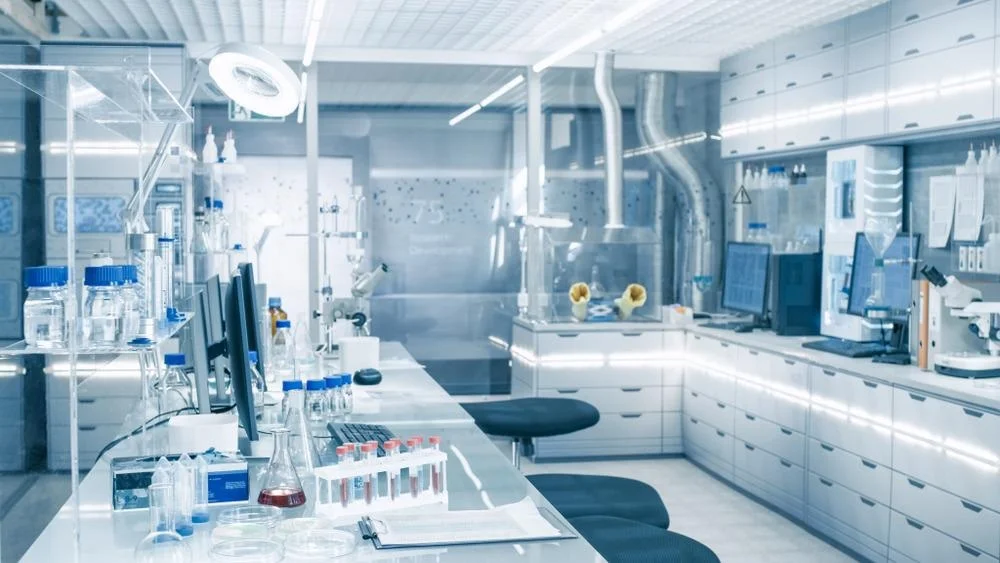Toothpaste Organic Compound Safety Testing
In the realm of chemical testing, organic compound safety testing plays a crucial role in ensuring consumer safety and regulatory compliance. This service is particularly essential for toothpaste manufacturers who must ensure that their products are free from harmful substances, adhere to international standards, and meet stringent quality control measures.
The process involves the analysis of various organic compounds present in toothpaste formulations. These include surfactants, preservatives, humectants, sweeteners, flavorings, and colorants. The aim is not only to detect these compounds but also to assess their safety levels within the product. This testing ensures that the toothpaste does not pose any health risks when used as intended.
One of the primary challenges in this type of testing lies in the complexity of dental formulations. Toothpaste often contains a mix of active and inactive ingredients, many of which are organic compounds. These compounds can vary widely in their chemical composition and potential hazards. Therefore, precise analytical techniques and experienced personnel are indispensable for accurate results.
The service typically begins with an initial consultation to understand the specific needs and requirements of the client. This is followed by a detailed plan outlining the tests required, the expected outcomes, and the timelines involved. Specimen preparation is a critical step; it involves collecting samples in accordance with standard procedures. Once prepared, these samples are subjected to various analytical techniques such as gas chromatography-mass spectrometry (GC-MS), high-performance liquid chromatography (HPLC), and Fourier-transform infrared spectroscopy (FTIR).
The chosen methods of analysis ensure that even trace amounts of harmful compounds can be detected. The results from these tests provide a comprehensive overview of the organic compound content in toothpaste, enabling manufacturers to make informed decisions about ingredient adjustments or product recalls if necessary.
Accurate and reliable testing is not just beneficial for ensuring safety but also enhances brand reputation. Consumers are increasingly concerned about what they put into their mouths, making it imperative for companies to demonstrate commitment to quality through rigorous testing protocols. This service helps manufacturers meet these expectations while adhering to stringent regulatory requirements.
In summary, toothpaste organic compound safety testing is a vital component of modern dental care products development and production processes. By employing advanced analytical techniques and adhering strictly to international standards, laboratories can provide clients with accurate, reliable results that contribute significantly to public health and well-being.
Benefits
- Achieves compliance with international standards such as ISO and ADA specifications.
- Ensures product safety, protecting consumers from potential health risks.
- Enhances brand reputation by demonstrating commitment to quality and safety.
- Facilitates smoother regulatory approval processes.
International Acceptance and Recognition
The results of our testing are widely accepted across various international markets. Our laboratory is accredited according to ISO/IEC 17025, ensuring that all findings meet the highest quality standards recognized globally. This accreditation enhances the credibility and acceptance of test results in different jurisdictions.
- Affiliations with leading scientific bodies ensure continuous validation of our methodologies.
- Participation in international collaboration projects fosters mutual recognition among laboratories worldwide.
Our services are sought after by companies operating internationally, as they can rely on consistent and accepted results across diverse regulatory landscapes. This global acceptance adds value to the testing process, making it a cornerstone of trust within the industry.
Competitive Advantage and Market Impact
The ability to conduct thorough organic compound safety testing provides significant competitive advantages for toothpaste manufacturers. It allows them to stay ahead in terms of innovation and quality assurance, which are increasingly important factors influencing consumer choices.
Achieving compliance with international standards not only meets regulatory requirements but also differentiates products in crowded markets. Consumers are more likely to trust brands that demonstrate a strong commitment to safety and quality through rigorous testing protocols. This can lead to increased market share and customer loyalty.
Moreover, the insights gained from these tests enable manufacturers to continuously improve product formulations. By identifying potential risks early on, companies can take proactive measures to enhance their products' safety profile. Such actions not only protect consumers but also safeguard a company's reputation against any adverse publicity associated with unsafe products.





